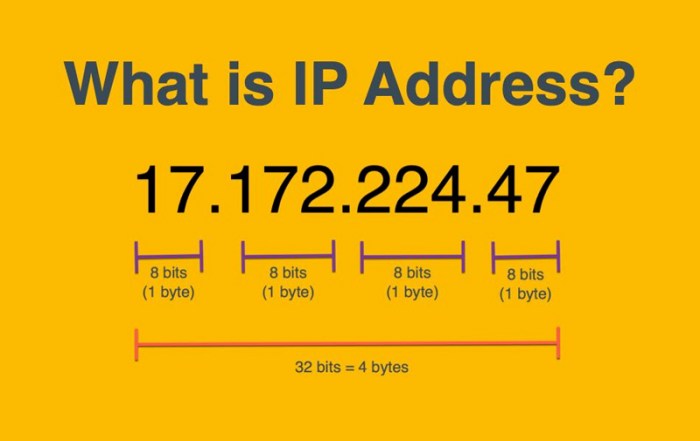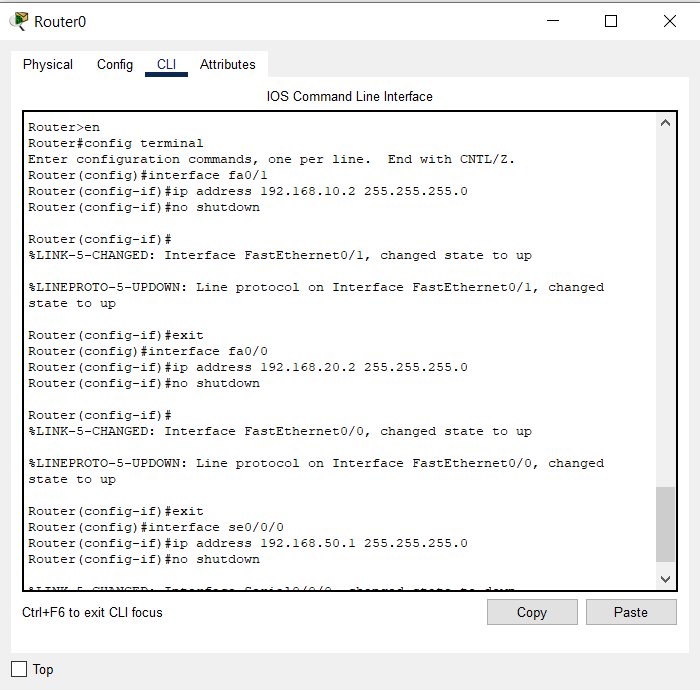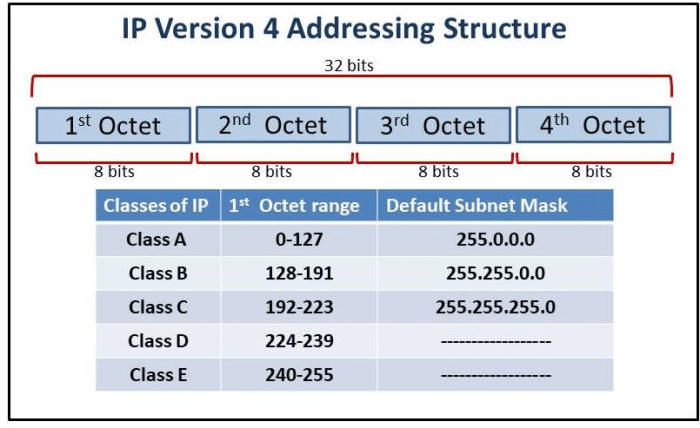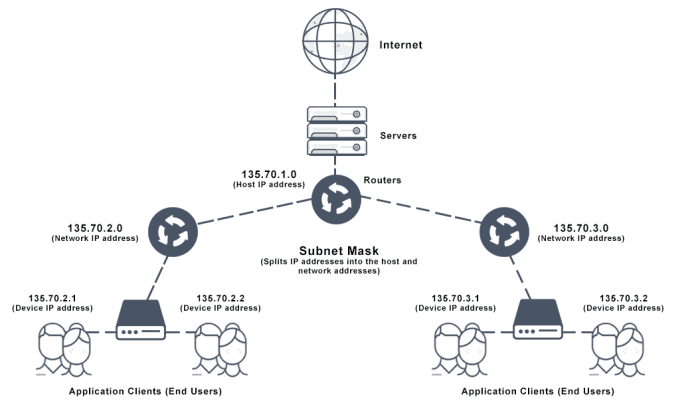What are two anti-patterns for the IP iteration? This question delves into the realm of IP address management, uncovering common pitfalls that can hinder network performance and security. Overly complex IP iteration and the absence of IP versioning emerge as prevalent anti-patterns, each posing unique challenges to network administrators.
Understanding these anti-patterns and adopting best practices can empower IT professionals to optimize their IP addressing strategies, ensuring efficient and secure network operations.
Overly complex IP iteration introduces unnecessary complexities into the network infrastructure, making it challenging to manage and troubleshoot. Conversely, neglecting IP versioning can lead to IP address exhaustion and potential security vulnerabilities. By addressing these anti-patterns, organizations can lay the foundation for a robust and scalable network infrastructure.
Anti-Patterns for IP Iteration

IP iteration is a common task in network programming. However, there are a number of anti-patterns that can lead to scalability issues and other problems.
In this article, we will discuss two common anti-patterns for IP iteration: overly complex IP iteration and lack of IP versioning.
Anti-pattern 1: Overly Complex IP Iteration, What are two anti-patterns for the ip iteration
Overly complex IP iteration can occur when a programmer tries to handle all possible IP address formats and permutations. This can lead to code that is difficult to read and maintain, and that can be susceptible to errors.
For example, the following code snippet tries to handle both IPv4 and IPv6 addresses:
for (i = 0; i < MAX_ADDRESSES; i++)
if (is_ipv4_address(addresses[i]))
// Handle IPv4 address
else if (is_ipv6_address(addresses[i]))
// Handle IPv6 address
This code is difficult to read and maintain, and it is also susceptible to errors. For example, if a new IP address format is introduced, the code will need to be updated to handle it.
A better approach is to use a library that handles IP iteration for you. This will make your code more readable, maintainable, and less susceptible to errors.
Anti-pattern 2: Lack of IP Versioning
Another common anti-pattern is the lack of IP versioning. IP versioning is the process of assigning different versions to different IP address formats. This allows for the coexistence of multiple IP address formats on the same network.
For example, IPv4 addresses are 32-bit addresses, while IPv6 addresses are 128-bit addresses. Without IP versioning, it would not be possible to use both IPv4 and IPv6 addresses on the same network.
The lack of IP versioning can lead to a number of problems, including:
- Scalability issues: As the number of devices on the network increases, the number of IP addresses that need to be managed also increases. Without IP versioning, this can lead to scalability issues.
- Security issues: The lack of IP versioning can also lead to security issues. For example, an attacker could exploit a vulnerability in IPv4 to gain access to a network that is using IPv6.
To avoid these problems, it is important to use IP versioning. This will allow you to use multiple IP address formats on the same network, and it will also help to improve scalability and security.
User Queries: What Are Two Anti-patterns For The Ip Iteration
What is overly complex IP iteration?
Overly complex IP iteration refers to the practice of using excessively complicated methods to iterate through IP addresses. This can involve nested loops, complex conditional statements, or unnecessary data structures, leading to code that is difficult to understand, maintain, and scale.
What are the consequences of not versioning IP addresses?
Not versioning IP addresses can result in IP address exhaustion, where all available IP addresses within a particular range have been assigned. This can lead to network connectivity issues and security vulnerabilities, as devices may be unable to obtain an IP address and communicate on the network.


